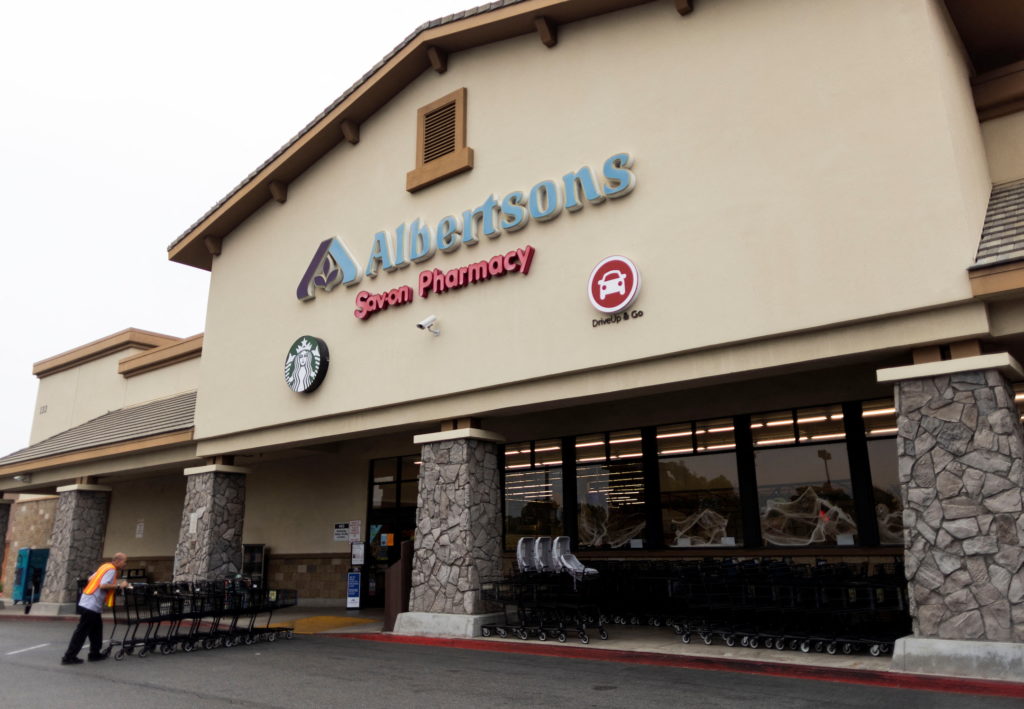
Sam Silverstein:
So, Kroger and Albertsons have said this probably could take until 2024 to close. And the reason for that is that the federal government, probably the Federal Trade Commission, will get very deeply involved in what the new company would look like once the deal goes through.
So, what we're going to be seeing happening is, in market by market, regulators are going to be looking and seeing, how much overlap is there? How much competition would be lost if the grocery stores that Kroger and Albertsons own happened to be under the same roof?
So, as part of this divestiture kind of strategy that the FTC would be using to evaluate and ultimately perhaps approve some kind of a merger here, what you will see is potentially hundreds of stores, maybe more — it depends how it all works out — getting sold by Kroger and Albertsons to somebody else. They proposed a company that would take on those grocery stores. They could be sold to other buyers.
But the bottom line is, in terms of what would happen to workers, it depends where those stores go. If they get bought by strong companies, that might work out well. But there is precedent for this not working out quite that way. Albertsons and Safeway merged in 2015, and a lot of the stores that were divested as part of that deal went to a company that ultimately wasn't able to stay afloat.
And so my point here is that you really could see workers working for stores that don't have a strong owner anymore. We will just have to see.
ncG1vNJzZmivp6x7sa7SZ6arn1%2Bjsri%2Fx6isq2ejnby4e9ahmK1lpJ2ybrzRqKeoq5WZeqy%2BzqCcq2WRo7FurcubnKuso6S7tHnMnqmgnaJisLDBy51kpp2Ro3qnu9FmqqGnoKWys7%2BMmqWdZZakvKV5z6ugnJ2j